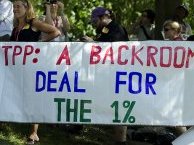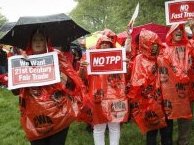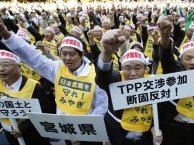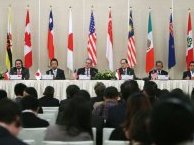
The Comprehensive and Progressive Agreement for Trans-Pacific Partnership (CPTPP or TPP for short) is a trade and investment agreement that was signed on 7 March 2018 between 11 Pacific Rim countries: Australia, Brunei, Canada, Chile, Japan, Malaysia, Mexico, New Zealand, Peru, Singapore and Vietnam. The pact went into force on 30 December 2018 among the members who have ratified it. The US withdrew from it in January 2017.
The investment chapter includes investor-state dispute settlement (ISDS) provisions. Civil society groups have blasted the mechanism, as it gives a foreign investor or company disproportionate powers vis-à-vis governments or domestic companies. Foreign investors can resort to a parallel system of justice specifically made for them to challenge public health, the environment and other public-interest ‘safeguards’, and bypass national justice courts.
Photo: Blink O’Fanaye / CC BY-NC 2.0
(March 2020)









